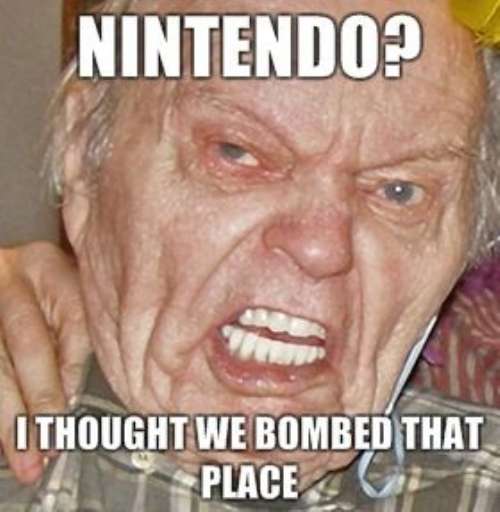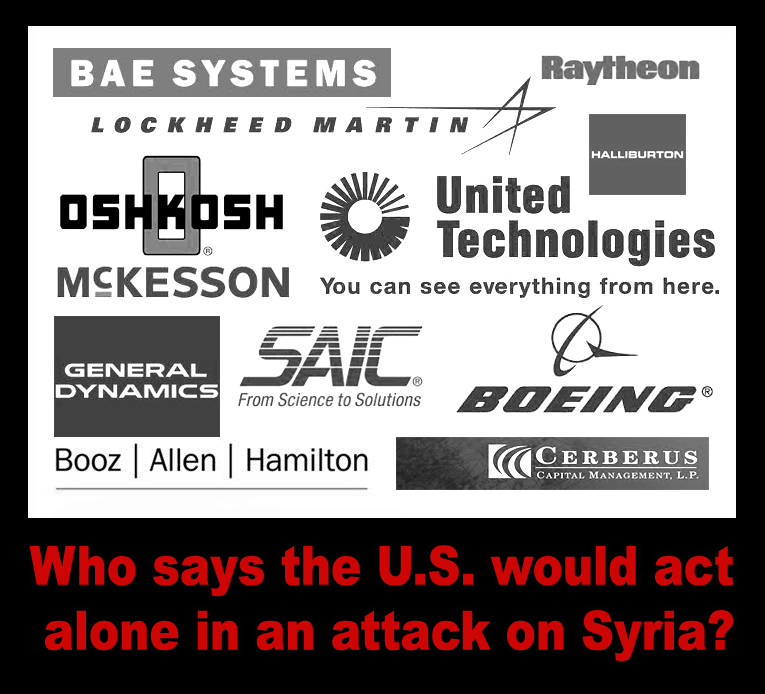Seriously, shoot me if I ever name-drop –– except this once…
“Zamperini and Me” is simple to explain; the late Louis Zamperini had been my neighbor.
I didn’t know he was my neighbor until we were introduced through a mutual friend, Dena, who’d petered out beneath a big tree while jogging one day. A chainsaw firing up above her head caused her to spaz and discover a then 90-year-old Louis Zamperini, 15 feet up and clinging to branches. He guided the saw through a thick limb and only took notice of her when it fell at her feet. Or so she thought.
“Hello!” he shouted, repositioning himself to see her better.
“Hi!” she answered. “Need any help?”
“Nahh, been doing this since I bought the place, thanks. Besides, young lady, you need to keep running. Your form could improve.”
And there it was: constructive criticism from a famed Olympic athlete, a veteran of the men’s 5000 meter race. Apparently, he’d watched her flail all the way up the hill.
He climbed down to meet an equal of sorts; Dena is a short, hugely stubborn Italian. The two hit it off, and before long were enjoying tea as the sunset’s glow reached Zamperini’s collection of Olympic torches in the living room of his hillside post-and-beam home.
Now, I’m already convinced that Dena’s soul is on loan from WWII infantryman turned B-movie filmmaker, Sam Fuller, but she was really on fire after that. “You’ve got to meet Louis,” I heard again and again. “He’s so great and his story is incredible. You’ll really like him.”
I didn’t know the half of it. Read more



